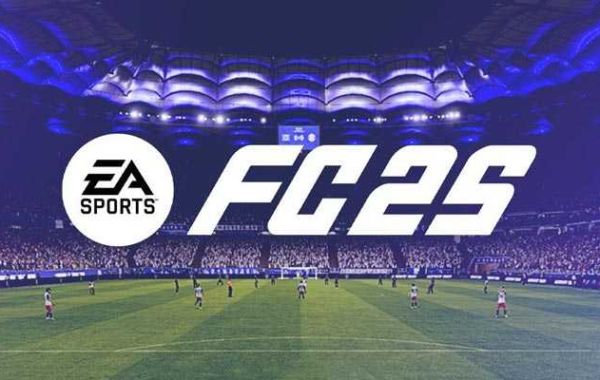The United States was thought as the land of equal opportunities for everyone. Its inhabitants were promised equality in all rights and freedoms, equal access to public goods and wealth distribution. Even today, Americans do not like to talk about class division rather pretending it does not exist. Nevertheless, the clear distinction between the poor and the rich surely exist. What is more, each class has unequal access to social goods. One of the most vivid examples of such inequality is uneven access to education. While rich people can afford sending their children to any school they want, the poor have a limited variety of choices. School vouchers seem to be the solution to the inability of the impoverished parents to educate their children. Even though, the question of school vouchers remains controversial. Hence, there is a need to consider the main advantages and disadvantages of school vouchers.
On the one hand, there are four main advantages of school vouchers. The first advantage consists in making private schools affordable. The truth is private schools can be very expensive and, thus, become a real financial burden. Poor parents can manage the situation if they have a great public school in their area. However, if there is not any, they are left without much choice. School vouchers can change it for the better. The second advantage of school vouchers is the improvement the country economy. The fact is the graduates of private schools are more intelligent and skillful than their counterparts from public schools. With more graduates from private schools, the country receives cleverer people who can boost its economy. The third advantage of school vouchers is the justification for paying taxes. Each citizen who pays taxes for public education has a right to access to a good education. Thus, acquiring access to the better education is fair from the taxpayer’s perspective. Finally, school vouchers are the reasonable alternative than wasting money on useless incentives of the Department of Education. School vouchers would contribute to wise cost allocation.
On the other hand, there are three main disadvantages of school vouchers. First, implementation of school vouchers means that the government would be indirectly funding religious schools or organizations. This is unconstitutional since it breaches the First Amendment that indicates the clear separation between the state and the church. With funding religious schools, it may look as if the state imposes a religion on the citizens. Second, school vouchers may lead to the worsening of the condition of public schools. The latter often lack funding nowadays, so it is unacceptable if private schools receive the money reserved for public education. There is no reason for the American government to support private institutions when its own institutions are failing. Besides, private schools may not adhere to the highest ethical standards since they are not under strict state supervision. Third, private schools may discriminate students based on different reasons. These may include race, disabilities, religion, or socioeconomic status. In contrast, public schools cannot reject students.
To conclude, all citizens of the United States of America deserve to have equal access to quality education. At the present time, school vouchers seem to be the optimal solution for the problem. They have four main advantages. First, they make private schools affordable. Second, school vouchers will improve the country economy. Third, they are fair from the taxpayers’ perspective, as people do not have to pay twice for the education. Fourth, school vouchers contribute to thoughtful cost allocation. Meanwhile, the opponents of school vouchers tend to mention three drawbacks of the proposal. School vouchers imply funding of religious schools and that is unconstitutional, may worsen financial condition of the public schools, and, finally, leave space for students’ discrimination and flourishing of prejudices. Therefore, while the debates persist, people should care about the education of their children on their own.
The essay was written by the professional writer Lola Nickson, more her articles you can find simply following the link https://papers-land.com/








